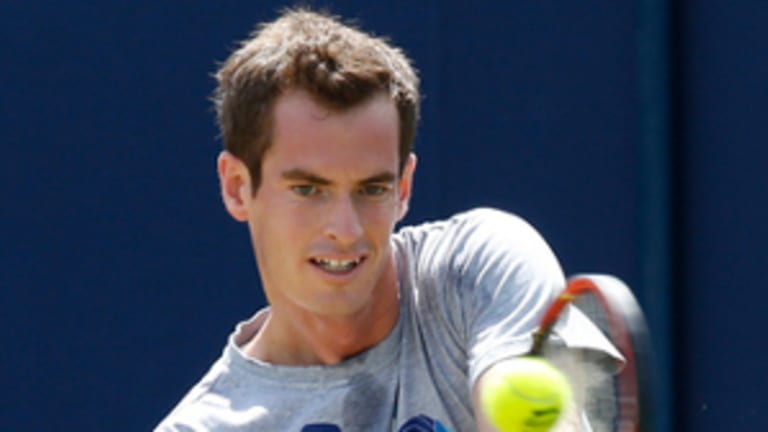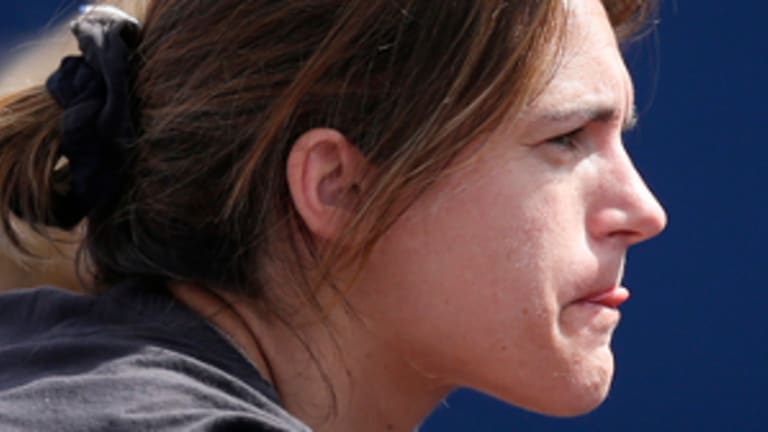On the day Amelie Mauresmo was revealed as Andy Murray’s new coach—at least through Wimbledon—rumors, questions, observations, and opinions flew around Roland Garros like a flock of the resident pigeons. For her part, though, Mauresmo said: “You know, we're discussing this (coaching arrangement). It's very abstract. Well, it's going to become more concrete. But you know what I like? Is to get my hands on things and to act. So we have to move forward.”
This week, Mauresmo is moving forward, past all those questions about becoming the first female coach of a male Grand Slam champion. Whatever happens next, Mauresmo has broken new ground. There have been, and still are, a fair number of male players whose coaches are female. In fact, one of them, Mikhail Kukushkin, found his female coach so indispensable that he married her (just think of the savings!).
What’s different here is that Murray is near the pinnacle of the sport, as was Mauresmo in her playing days. Mauresmo made it to that cherished No. 1 ranking, but she didn’t spend much time there. And in her entire career, she won the same number of Grand Slam titles Murray currently owns; she was the Australian Open and Wimbledon champ in 2006.
So far, Mauresmo has said—or not said—all the right things: "I'm really excited to be able to work with Andy. He's an amazingly talented tennis player and I feel I have plenty to offer both him and the team around him. I'm looking forward to getting down to work and helping him win more Grand Slams.”
On exactly how she might help Murray in the coming weeks, Mauresmo said, “I don't think I'm going to go into these details right now. I think we really get to know each other, really get to start, and actually start working together. We'll maybe talk about it at some point.”

